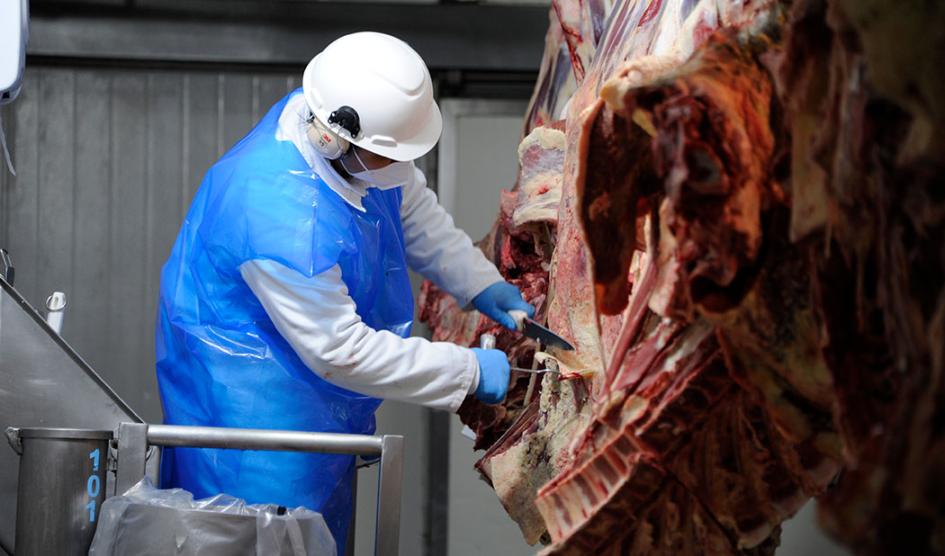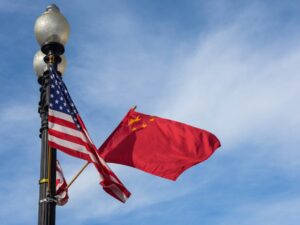
China has enabled health certificates for the export of bovine stomachs by several meatpackers in Uruguay, according to the director of International Affairs of the Ministry of Livestock, Adriana Lupinacci. The Copayan, Pando, Colonia, BPU, Las Piedras and Arbiza meat processing plants are the beneficiaries of this measure, which will allow the export of this product to China. Lupinacci also announced the opening of the market for porcine mucosa to India.
Lupinacci recalled that during the visit of the President of the Republic, Luis Lacalle Pou, to China in November 2023, a modification was signed in the meat protocol that specifically enabled the export of bovine stomachs. This is in addition to the process of finalizing the permit for the Tacuarembó and Pul industrial plants, which will mean that all companies interested in exporting these products will be authorized.
Companies that wish to trade with China must first register in the registration system for food importing companies (Cifer) of the General Customs Administration of that country. Subsequently, they must pass in-person or remote audits and wait for them to be published in the official list of exporters.
South American companies show new interest in the Vietnam market
“We are the first country to be authorized to export the four types of bovine stomachs,” said Lupinacci, highlighting the importance of this achievement due to the high levels of exports to China. He also mentioned that bovine stomachs are especially popular in dishes such as hot pot, a typical dish in China.
In addition to the export of beef, Lupinacci mentioned the recent shipment of the first export of frozen boneless horse meat to China by the Clay slaughterhouse, together with Amanecer. This market had been expected since the signing of the protocol in 2019.
As for India, Uruguay has received approval to export porcine mucosa, which is used in the production of heparin, an anticoagulant. This development is significant given India’s importance as a pharmaceutical market.
Finally, Lupinacci highlighted that since March 2020, 85 markets have been enabled for export, and work is being done to diversify into other important markets such as Southeast Asia, where Minister Mattos will soon make an official visit due to its high level of population and low tariffs.
Source: https://reporteasia.com/economia/2024/04/25/uruguay-habilita-exportacion-de-estomagos-bovinos-a-china-y-expande-mercados-clave-en-asia/

